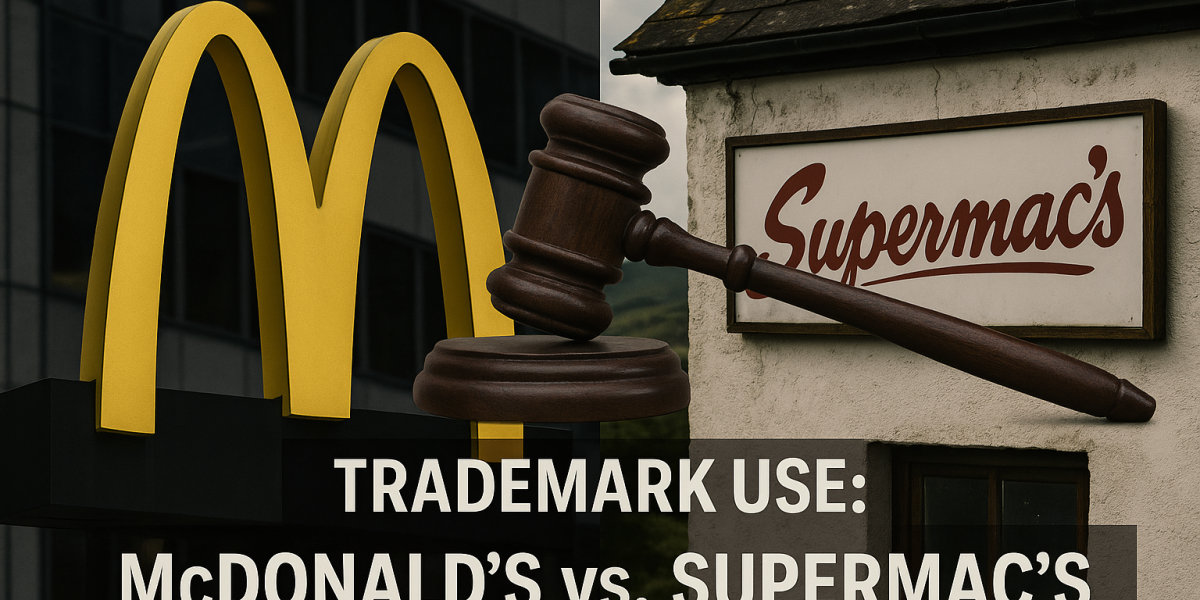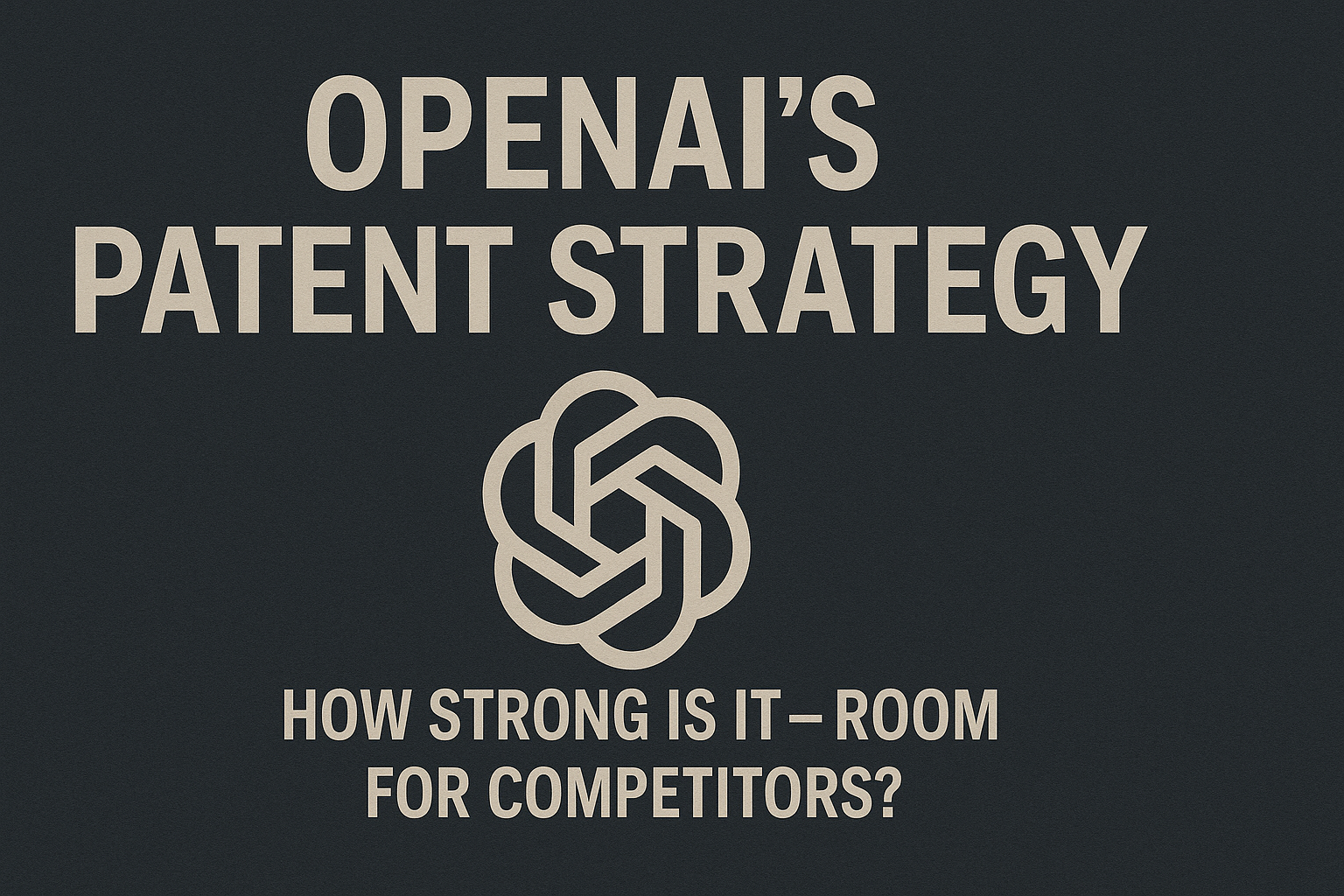The European Court of Justice (ECJ) recently ruled against McDonald’s in a landmark trademark case, revoking its exclusive rights over the “Big Mac” trademark for chicken sandwiches and poultry products within the EU. This follows a revocation application filed by Irish fast-food chain Supermac’s, which challenged McDonald’s claim over the mark for products beyond its iconic beef burger.
🔍 What Went Wrong?
Despite being one of the world’s most recognizable brands, McDonald’s failed to provide sufficient proof of genuine use of the “Big Mac” trademark for the categories in question during the five-year period. While internal affidavits and website screenshots were submitted, the ECJ found these insufficient without objective commercial evidence such as:
- Dated invoices, receipts, and sales data showing actual use of the mark on poultry products.
- Advertising or promotional materials specifically for chicken Big Macs in the EU market.
This underscores a critical lapse in trademark prudence. Maintaining a registered trademark is not just about brand reputation—it requires demonstrating active, commercial use supported by verifiable records.
🧠 Key Takeaways for Trademark Owners
- Preserve all proof of use—especially third-party evidence like invoices, point-of-sale records, and dated ads.
- Avoid overextending trademark claims to products or services not actively sold or promoted under the mark.
- Use it, prove it, or lose it: Trademarks must be used as registered, and owners should be ready to prove that use if challenged.
📌 Conclusion
The ECJ’s decision is a strong reminder: even the biggest brands are vulnerable if they don’t back up their registrations with real-world usage evidence. Small businesses like Supermac’s are increasingly empowered to challenge legacy trademarks, especially where multinational giants rely too heavily on reputation over documentation.
📖 Reference: Judgment – McDonald’s vs. Supermac’s, European Court of Justice – January 2024






